The toolkit aims to mitigate against the loss of tens of thousands of seabirds annually including albatrosses, petrels and shearwaters through drowning by being caught by high seas tuna fishing longlines. Southern Seabirds Trust is developing the evidence-based toolkit which outlines simple and cost-effective fishing practices such as bird scaring lines to scare birds away from baited hooks, weighting hooks so they sink quickly away from diving birds and setting hooks at night.
Support from Live Ocean, in partnership with New Zealand Nature Fund (NZNF), has funded the toolkit and Sally Paterson, Live Ocean Chief Executive is positive about the international engagement.
“It’s really significant to see the toolkit discussed in APEC forums by fishers and governments. Now, we need to see this turned into action,” she says.
“With an estimated 3,200 being lost each year, the Antipodean albatross has been a flagship species to bring attention to the crisis facing our seabirds. Live Ocean, and its founders Peter Burling and Blair Tuke, have played an active role advocating for this great ocean voyager since our 2019 launch. It gives me great hope that the freefall towards extinction happening in the Antipodean albatross population might be turned around.”
Due to depleted food sources in a changing ocean, the Antipodean albatross now travel much further north to forage for food, and they increasingly cross paths with high seas tuna longline fishers. Since 2004 three quarters of the population has disappeared, and the decline is continuing.
Females are dying at a faster rate because they overlap with the fleets more, and now for every three male Antipodean albatross there is only one female.
“The species will be extinct in our lifetime unless the fishing fleets that overlap with these birds adopt best practice seabird safe fishing practices,” says Paterson.
As well as outlining best practice fishing methods the Seabird Safe Fishing Toolkit will also have information on the areas of ocean important to seabirds, monitoring methods and ways for seafood suppliers to prove their product is caught using seabird safe methods. The recent roundtable was well attended by international representatives from major fishing companies demonstrating their willingness to improve led by a market driven desire for best practice methods that eliminate harm to marine wildlife.
The toolkit project has been partly funded with the proceeds of a gala dinner hosted earlier this year by the New Zealand Nature Fund, an organisation dedicated to fighting the extinction of our most endangered species. Former Minister of Conservation and founder of the Fund, Denis Marshall says information and the adoption of seabird safe fishing methods is the key to halting the catastrophic decline of the Antipodean albatross.
“It’s so encouraging to hear that key fishing companies and nations are engaged in the development of the Seabird Safe Fishing Toolkit. Making changes to the way they fish is critical in the effort to save our at-risk seabirds.”
Development of the Seabird Safe Fishing Toolkit is being supported by the Asia Pacific Economic Cooperation (APEC) Ocean and Fisheries Working Group (OFWG).
Five APEC economies co-sponsored the roundtable to discuss the toolkit: Chile, Chinese Taipei, People’s Republic of China, Peru, and the United States.
The toolkit will be developed over 2024 and presented to the APEC Oceans and Fisheries Working Group in August 2024.
ENDS





































